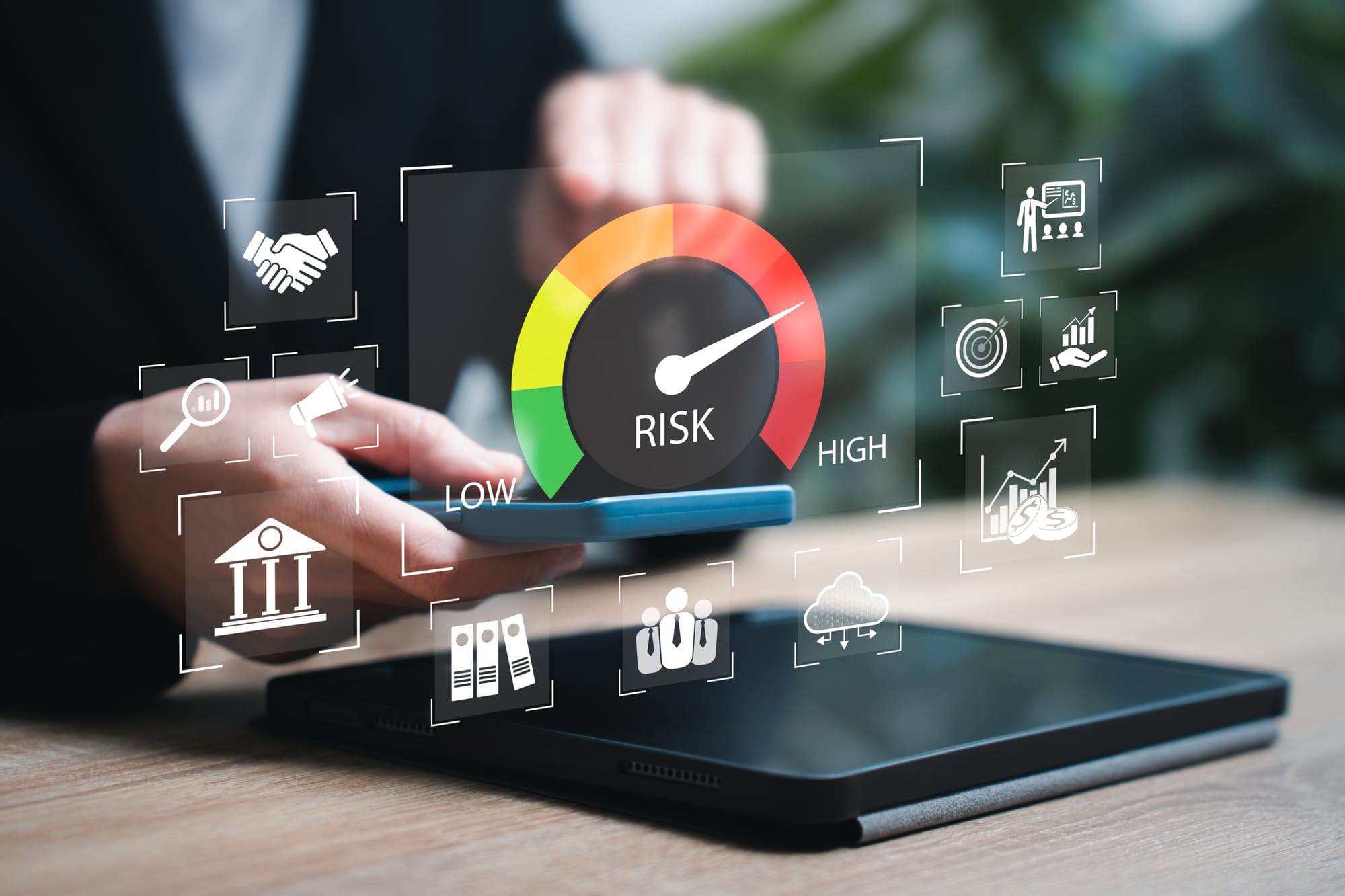Innovative Strategies for Effective Crisis Management

Innovative Strategies for Effective Crisis Management
Crises are unpredictable and can strike any organization at any time. From natural disasters to financial troubles, the spectrum is vast and diverse. Managing such crises effectively requires foresight, agility, and innovative strategies. Here, we explore some top innovative strategies that organizations can employ to manage crises effectively:
- Develop a Proactive Crisis Management Plan: Preparing in advance can drastically reduce the impact of a crisis when it occurs. This plan should include clear procedures for different types of crises, a list of team members with assigned roles and responsibilities, and communication strategies to keep stakeholders informed.
- Implement Advanced Monitoring Tools: Utilize technology to monitor your operations and external factors that might affect your organization. Advanced analytics, AI, and social media monitoring tools can provide real-time alerts before a crisis becomes unmanageable, allowing for swift action.
- Focus on Transparent Communication: During a crisis, effectively managing communication is crucial. Establish a communication protocol that prioritizes openness and transparency with all stakeholders, including employees, customers, and the media. This helps in managing the narrative and mitigating the impact on your organization’s reputation.
- Encourage a Culture of Flexibility: Train your team to be flexible and ready to adapt to unexpected circumstances. Flexibility in decision-making, problem-solving, and strategizing can often mitigate the effects of a crisis more efficiently than rigid protocols.
- Engage in Regular Training and Simulations: Regularly scheduled training sessions and simulation exercises can keep the crisis management team prepared and alert. These should cover various scenarios and include drills that mimic real-life crises, ensuring that your team knows how to act swiftly and effectively.
- Strengthen Stakeholder Relationships: Build solid relationships with all your stakeholders, including local government, community leaders, and other external parties. Strong connections can provide significant support and resources during a crisis.
- Utilize Crisis Management Software: There are several sophisticated software solutions designed to help manage crises. These tools can help coordinate efforts, manage communication, document events, and guide decision-making processes efficiently.
- Create a Rapid Response Team: Assembling a dedicated crisis management team that can be mobilized quickly is crucial. This team should consist of members from various departments who bring different skills and perspectives to the table.
- Continuous Learning and Adaptation: Post-crisis analysis is crucial. Evaluate what strategies worked, what didn’t, and why. Learning from each event will refine your crisis management strategies and better prepare you for future crises.
- Invest in Cybersecurity Measures: In today’s digital age, cybersecurity breaches are a common crisis. Investing in robust cybersecurity measures and regular updates to your security protocols can preempt and mitigate cyber attacks.
Effective crisis management is not just about reacting to crises as they occur but also about proactive preparation and continuous improvement of strategies. By employing these innovative strategies, organizations can enhance their resilience against crises, ensuring stability and sustainability in the long term.
Comments